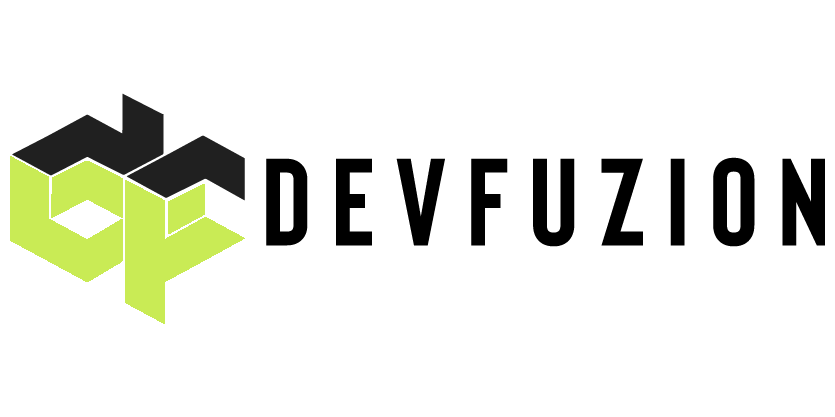In today’s fast-paced digital landscape, the safeguarding of business data has transcended good practice to become a critical necessity. Amid the labyrinth of evolving regulations, the reliance on compliance solutions has emerged as an indispensable shield for maintaining the integrity of business data.
Understanding the Role of Compliance in Business
Compliance in business isn’t just about adhering to laws; it’s a proactive strategy to protect the organization from potential thousands of threats lurking in the digital shadows. Compliance solutions serve as a blueprint for navigating the complex terrain of legal and regulatory requirements, ensuring that every facet of data handling meets stringent standards.
The essence of compliance extends beyond the mere avoidance of penalties. It’s about fostering a culture of integrity and transparency within the organization. This cultural foundation empowers businesses to operate confidently on a global stage, where discrepancy in data handling laws can pose a significant risk.
The Consequences of Ignoring Data Integrity Regulations
Ignoring data integrity regulations can have dire consequences for businesses, ranging from hefty fines to irreversible damage to reputation. Incidences of data breaches and noncompliance can erode the trust between a business and its clients, a cornerstone upon which commercial success is built.
Moreover, the legal ramifications can be severe, encompassing not only fines but also potential litigation. Such repercussions highlight the critical need for businesses to invest in robust compliance solutions, ensuring their operations adhere to the highest standards of data integrity and protection.
Exploring Key Compliance Solutions for Data Protection
Selecting the right compliance solutions is pivotal for businesses aiming to secure their data. Solutions range from encryption technologies to advanced access controls and beyond, each serving a different yet critical role in the overarching aim of safeguarding data.
These compliance tools not only assist in meeting regulatory requirements but also in establishing a robust framework for data protection that can scale with the business. Tailoring these solutions to the unique needs of the organization ensures that every potential gap in data security is addressed.
Best Practices for Implementing Compliance Measures
Implementing compliance measures requires a judicious blend of technology, processes, and people. Best practices involve conducting regular risk assessments, training staff on the importance of compliance, and fostering a culture of continuous improvement.
Businesses must also stay abreast of legal changes, adapting their compliance strategies in tandem. This dynamic approach ensures that the organization not only meets current regulations but is also prepared for future developments in the regulatory landscape.
Monitoring and Maintaining Compliance in a Dynamic Digital World
In the ever-evolving digital world, the task of monitoring and maintaining compliance is ongoing. Utilizing cutting-edge compliance management software can provide businesses with the real-time insights needed to navigate this landscape effectively.
Regular audits, both internal and external, play a critical role in identifying potential weaknesses in compliance frameworks. By addressing these issues proactively, businesses can ensure they remain at the forefront of data protection, safeguarding their most valuable asset—the trust of their customers.
Securing the Future Through Compliance
As the digital horizon expands, so does the complexity of maintaining data integrity within the confines of legal and regulatory frameworks. Adaptability, foresight, and a steadfast commitment to comprehensive compliance solutions are more than just strategic assets; they’re imperatives for the survival and flourishing of businesses in the digital age. Embracing these solutions not only fortifies a business against external threats but also fosters a culture of accountability and trust, paramount for long-term success.




